Credit score is an essential financial metric that lenders, landlords, and other financial institutions use to determine your creditworthiness. A good credit score opens doors to various financial opportunities, while a poor credit score can limit your ability to access credit or make it expensive. In this blog, we will discuss everything you need to know about credit score, including what it is, how it works, and how you can improve it.
What is Credit Score?
A credit score is a numerical representation of your creditworthiness. It is a three-digit number ranging from 300 to 850, with 850 being the highest possible score. Credit scores are calculated based on your credit history, payment behavior, credit utilization, length of credit history, and other factors. The credit score is generated by credit bureaus such as Equifax, TransUnion, and Experian.
How Does Credit Score Work?
Credit scores are generated using a mathematical algorithm that analyzes your credit report. The algorithm takes into account several factors such as payment history, credit utilization, length of credit history, types of credit accounts, and recent credit inquiries. Each of these factors carries a different weight in the calculation of your credit score.
Payment History – Payment history is the most significant factor in determining your credit score. It accounts for 35% of your score. Late or missed payments can significantly lower your score. On the other hand, making payments on time can help you build and maintain a good credit score.
Credit Utilization – Credit utilization refers to the percentage of credit you are using relative to the amount of credit available to you. It accounts for 30% of your credit score. High credit utilization can signal to lenders that you are overextended, while low credit utilization indicates that you are managing your credit responsibly.
Length of Credit History – The length of your credit history accounts for 15% of your credit score. The longer your credit history, the more reliable your credit score is considered. If you are new to credit, it may take time to establish a good credit score.
Types of Credit Accounts – The types of credit accounts you have, such as credit cards, car loans, or mortgages, can affect your credit score. A mix of credit types indicates that you can manage different types of credit, which can positively impact your score.
Recent Credit Inquiries – Each time you apply for credit, it triggers a credit inquiry. Multiple credit inquiries within a short period can negatively impact your score, as it suggests that you are seeking credit excessively.
What is a Good Credit Score?
A good credit score is typically between 670 to 739. A score above 740 is considered excellent, while a score below 580 is considered poor. A good credit score opens doors to better credit opportunities, such as lower interest rates, higher credit limits, and more favorable loan terms.
How to Improve Your Credit Score?
If you have a poor credit score, there are steps you can take to improve it. Here are some ways to boost your credit score:
- Pay bills on time – Late or missed payments can significantly lower your credit score. Paying bills on time is one of the easiest ways to improve your score.
- Reduce credit utilization – High credit utilization can negatively impact your score. Aim to keep your credit utilization below 30% of your available credit.
- Check your credit report for errors – Errors in your credit report can negatively impact your score. Check your credit report regularly for any errors and dispute them if you find any.
- Keep old credit accounts open – The length of your credit history accounts for 15% of your credit score. Keeping old credit accounts open can help you maintain a longer credit history.
- Limit credit inquiries – Each time you apply for credit, it triggers a credit inquiry, which can negatively impact your score







